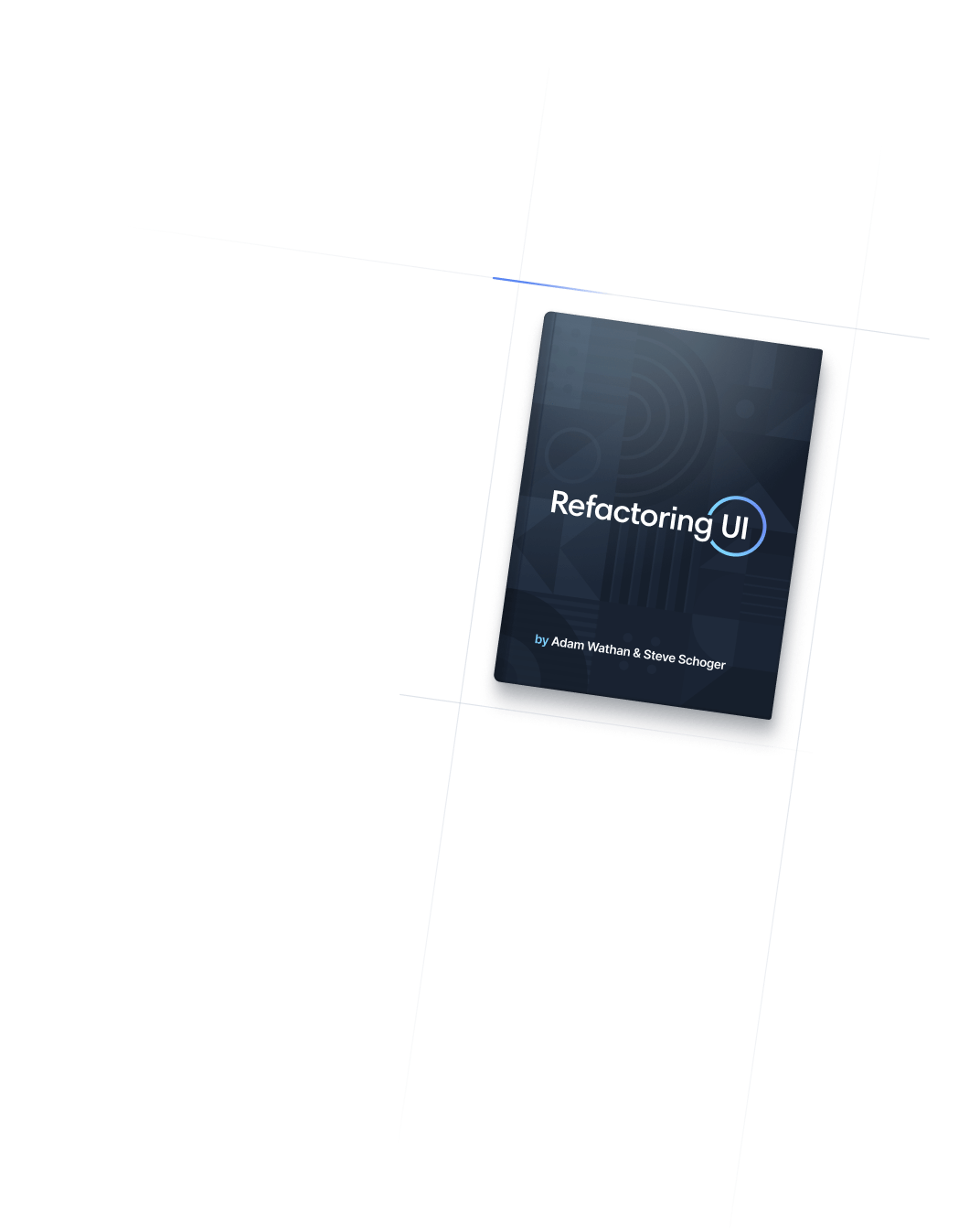
- Interactivity
- User Select
Interactivity
User Select
Utilities for controlling whether the user can select text in an element.
Quick reference
Basic usage
Disabling text selection
Use select-none to prevent selecting text in an element and its children.
Try selecting the text to see the expected behaviour
<div class="select-none ...">
The quick brown fox jumps over the lazy dog.
</div>Allowing text selection
Use select-text to allow selecting text in an element and its children.
Try selecting the text to see the expected behaviour
<div class="select-text ...">
The quick brown fox jumps over the lazy dog.
</div>Selecting all text in one click
Use select-all to automatically select all the text in an element when a user clicks.
Try selecting the text to see the expected behaviour
<div class="select-all ...">
The quick brown fox jumps over the lazy dog.
</div>Using auto select behaviour
Use select-auto to use the default browser behavior for selecting text. Useful for undoing other classes like .select-none at different breakpoints.
Try selecting the text to see the expected behaviour
<div class="select-auto ...">
The quick brown fox jumps over the lazy dog.
</div>Applying conditionally
Hover, focus, and other states
Tailwind lets you conditionally apply utility classes in different states using variant modifiers. For example, use hover:select-all to only apply the select-all utility on hover.
<div class="hover:select-all">
<!-- ... -->
</div>
For a complete list of all available state modifiers, check out the Hover, Focus, & Other States documentation.
Breakpoints and media queries
You can also use variant modifiers to target media queries like responsive breakpoints, dark mode, prefers-reduced-motion, and more. For example, use md:select-all to apply the select-all utility at only medium screen sizes and above.
<div class="md:select-all">
<!-- ... -->
</div>
To learn more, check out the documentation on Responsive Design, Dark Mode and other media query modifiers.

